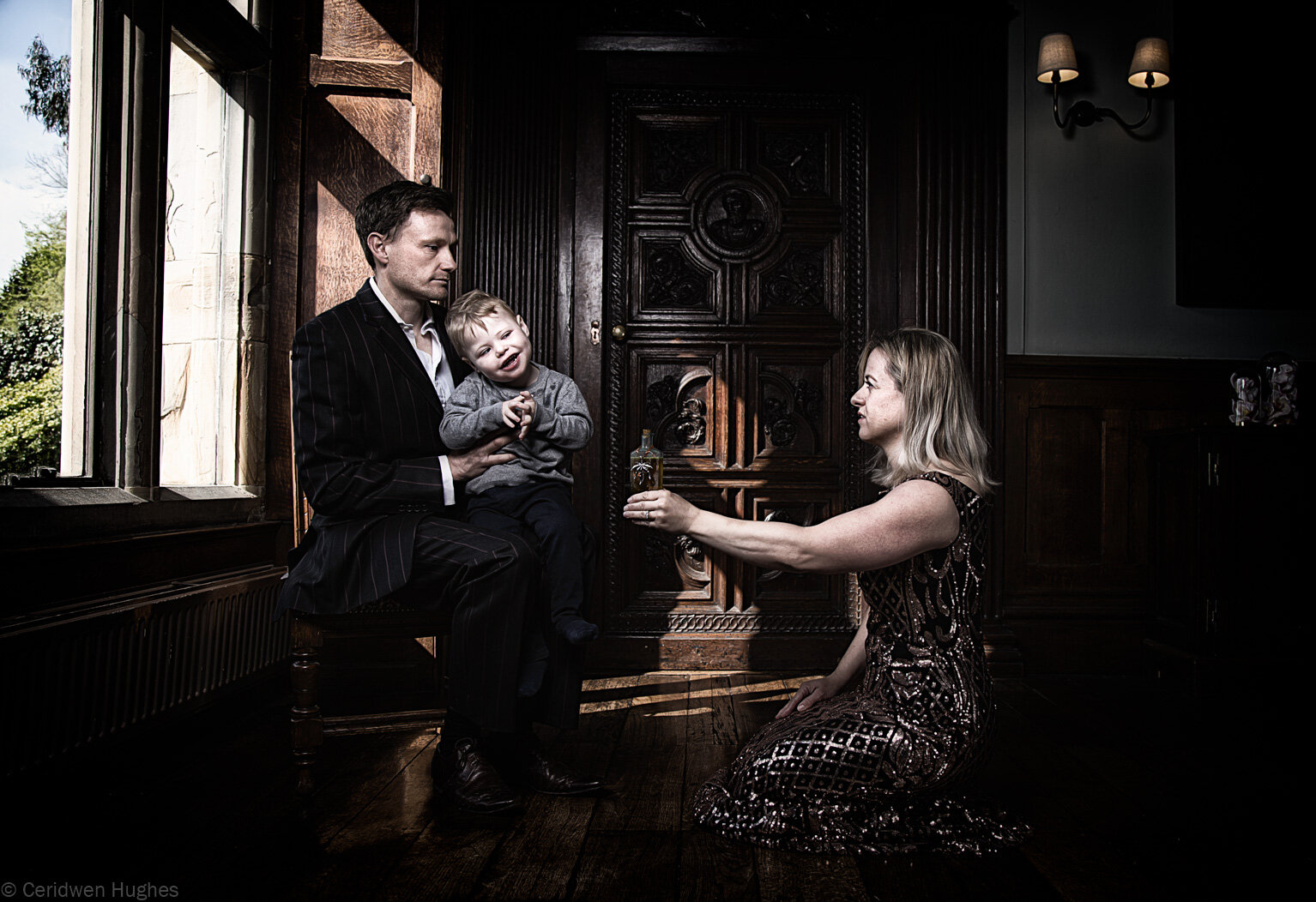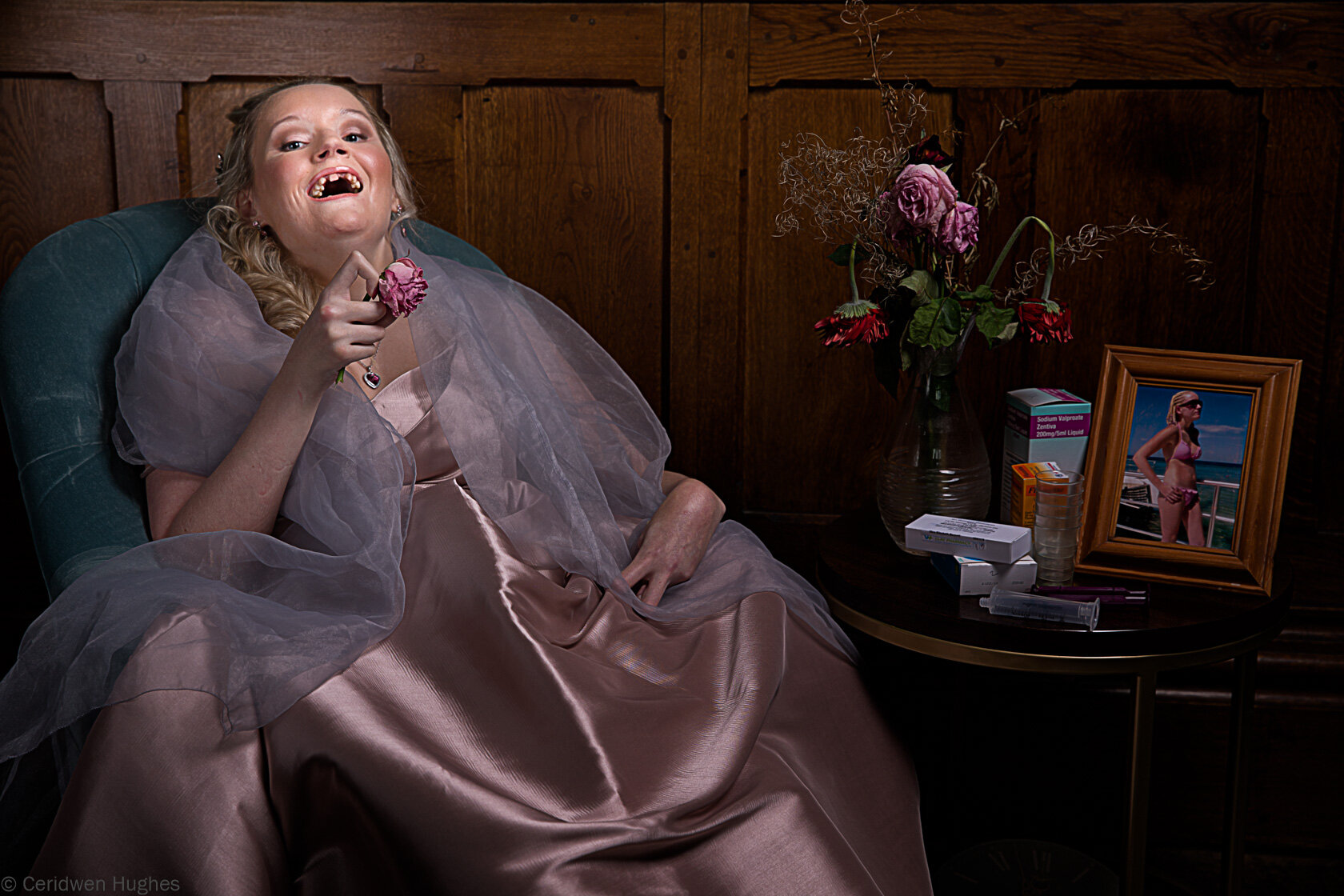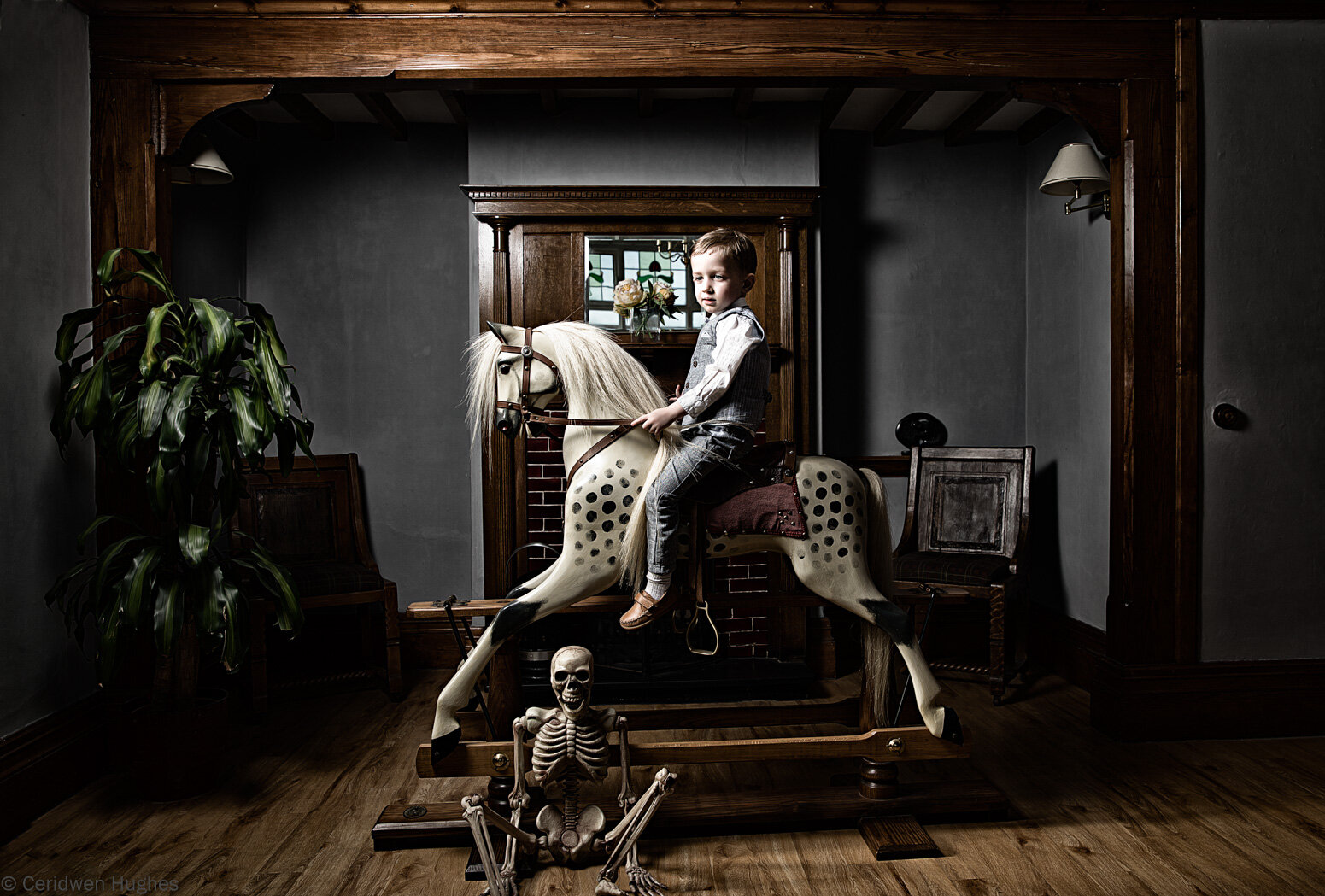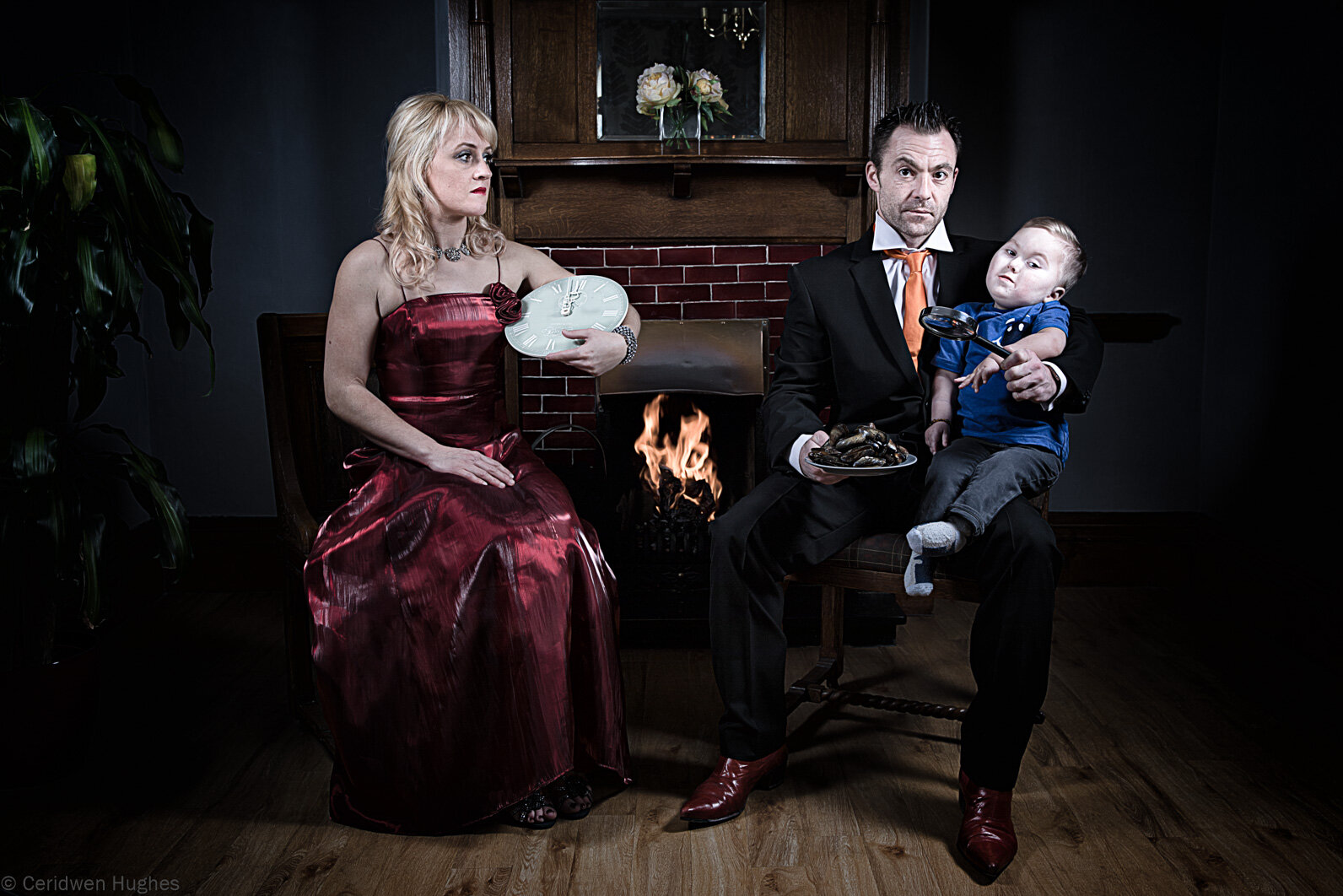Vinnie
“Everyone deserves the right to live a full life and these bright, intelligent, people need a chance. This is the biggest genetic killer of children under two so these perfectly bright, able children, that just want to be children, are dying.”
Vinnie has Spinal Muscular Atrophy (SMA) Type 1.
"We knew from about 4 weeks old that there was something not quite right as Vinnie wasn’t holding his head. I tried taking him to the hospital and to the doctor’s but no one would listen to me. They thought I had post-natal depression. When he was 8 weeks old I took him to the hospital again and refused to move until he was seen.
I was sure there was something not right because he just wasn’t doing what normal children do at that age. I’ve got an 8 year old daughter so there was a comparison. He just couldn’t even begin to hold his head or really move his legs that much or weight bare.I think they suspected SMA but they didn’t say. They took a series of blood tests which measured the CK levels in Vinnie’s blood. I had my suspicion that it was SMA and when they said that the test had come back at a pretty high level I knew that it was a muscle condition
What this means for Vinnie is that his body only produces 10% of the protein because he’s missing the SMN1 gene. This means his motor neurones do not stay alive, they gradually die, leading to the muscle wastage around his body.The weakness will tend to be worse in the lower region. A lot will have some arm, finger, hand movement but it will affect every muscle eventually so swallow, breathing and it can affect the muscles in the eyes
When he was given his diagnosis we were told that Vinnie would have about 8 months with us and there was nothing that we could do. The doctor did mention some clinical trails that were taking place so I just emailed probably every doctor linked to Spinal Muscular Atrophy around the world to find out where the trials were and if there was any chance of getting him on them. We found a trial at Great Ormond Street hospital and were fortunate to get him accepted.”
“We tend to stick to ourselves on the whole although we have joined groups on Facebook, which has probably been the biggest support, speaking to other parents affected. They are generally far more knowledgeable than any other person about the condition.
Emotionally, getting the diagnosis was extremely hard. I didn’t sleep, didn’t really eat, didn’t do anything for the first two weeks. I really believed he was going to die. Once I started speaking to more people across the world and seeing that there are children out there who are teenagers and one has even just turned 21. It gave me hope. We were told also if he was ventilated that he would have no quality of life, so seeing these children out there going to Disney and doing so many amazing things, it was our little ray of hope and then I just started fightingGetting Vinnie accepted on a drug trial meant everything. It gave us hope. I think when your child is diagnosed with a terminal illness you automatically believe that your child will be the one that will not succumb to the illness. When there’s a drug that possibly will give them that life, it’s the best feeling in the world.
Having a child with a rare disease has totally overtaken my life. I don’t really do anything outside of SMA any more. Everything revolves around it and most of my friends are now related to SMA. Strangely his diagnosis has changed me as a person, for the better, most definitely. You learn to appreciate things that you took for granted before, like just spending time together. You really cherish those silly little things and all the things like the materialistic stuff that you were bothered about before really aren’t important.
He is cheeky. His personality is out of this world and he’s just the funniest little boy. He’s so clever as well, oh my god, that boy is so bright. He’s just on the ball and doesn’t miss a trick. Even changing my hair, he will pick up on that as well.
Vinnie’s non-verbal and what I find frustrating is when people come to talk to me and they direct questions at me about Vinnie and they don’t acknowledge him. Sometimes Vinnie will be on his ventilator and because he is so physically disabled they assume he is not cognitively aware. That frustrates me because I think he fully understands what you are saying so please don’t ignore him.
Everyone deserves the right to live and to live a full life and these are bright, intelligent people need a chance. This is the biggest genetic killer of children under 2 years of age so these perfectly bright, able children that just want to be children are dying. Some are also not getting the correct standards of care because doctors don’t think their life’s worth living. Just because they can’t move doesn’t mean they don’t have an amazing quality of life because all a child needs is love, that’s all they need. So they need the help and the money and the funding to get more treatment to give them the ability to live the life of a normal child.”
“We don’t want anyone’s pity. Don’t feel sorry for him, he’s happy, he couldn’t be more loved and have a more supportive family."
What is spinal muscular atrophy?
Spinal muscular atrophy (SMA) is a genetic disease affecting the part of the nervous system that controls voluntary muscle movement.
Most of the nerve cells that control muscles are located in the spinal cord, which accounts for the word spinal in the name of the disease. SMA is muscular because its primary effect is on muscles, which don’t receive signals from these nerve cells. Atrophy is the medical term for getting smaller, which is what generally happens to muscles when they’re not active.
SMA involves the loss of nerve cells called motor neurons in the spinal cord and is classified as a motor neuron disease. For more information you can visit www.smasupportuk.org.uk or www.musculardystrophyuk.org
VIEW THE OTHER STORIES IN THE BEAUTY OF RARE EXHIBITION
If you wish to discuss this project or reproduce any images or story, please contact ceri@samebutdifferentcic.org.uk. The photographer on this project is Ceridwen Hughes (www.ceridwenhughes.com)














